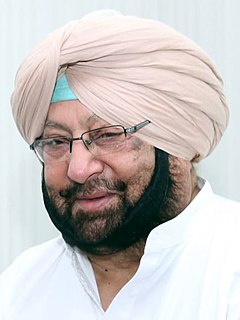A Quote by Jonathan Safran Foer
The factory farm has succeeded by divorcing people from their food, eliminating farmers, and ruling agriculture by corporate fiat.
Related Quotes
Cows that are fed organic food are still kept as slaves on farms, regardless of whether it is a large corporate factory farm or a small family farm. Besides, every dairy cow, no matter what she has been fed, has her babies stolen from her shortly after birth and she will inevitably end up in the slaughterhouse.
If you fill your Agriculture Committee with representatives of commodity farmers, and you don't have urbanites, you don't represent eaters, okay? You don't have people from New York City on these committees, you are going to end up with the kind of farm bills we have: a piece of special interest legislation.
The traditional farm, the peanuts, the cotton, the corn, is probably not the thing to do, because you're up against big farmers who can afford all the equipment to grow those kinds of crops. But we need healthy food. We're being encouraged to eat more vegetables. Our school systems are being encouraged to buy locally. So, we need farmers who can produce that food.
An environmentalist can oppose factory farming because it's reckless stewardship. A conservative can oppose factory farming because it is destructive to small farmers and to the decent ethic of husbandry those farmers live by. A religious person can oppose factory farming because it is degrading to both man and animal - an offense to God.
India has the largest number of hungry people. Yet it's an outcome of precisely the same mechanism. It's the control of agriculture that drives down the price it paid for food that it buys from farmers, who are the poorest people. Then you're paying very little for food. You're underpaying the poorest people in any society. Then they're marketing to us the things that are most profitable to them. And those are the things that are packaged and processed and what-have-you. That means you have the simple thing of the explosion of obesity and hunger as a result of capitalism in our food system.
Go to the farmers market and buy food there. You'll get something that's delicious. It's discouraging that this seems like such an elitist thing. It's not. It's just that we have to pay the real cost of food. People have to understand that cheap food has been subsidized. We have to realize that it's important to pay farmers up front, because they are taking care of the land.
Many families participate in the Community Supported Agriculture movement, which allows a family to buy shares in a farmer's produce so that they know where their food is coming from, and they can take their families out and see the farm and meet the farmer. That movement has helped create a new culture around food.





































